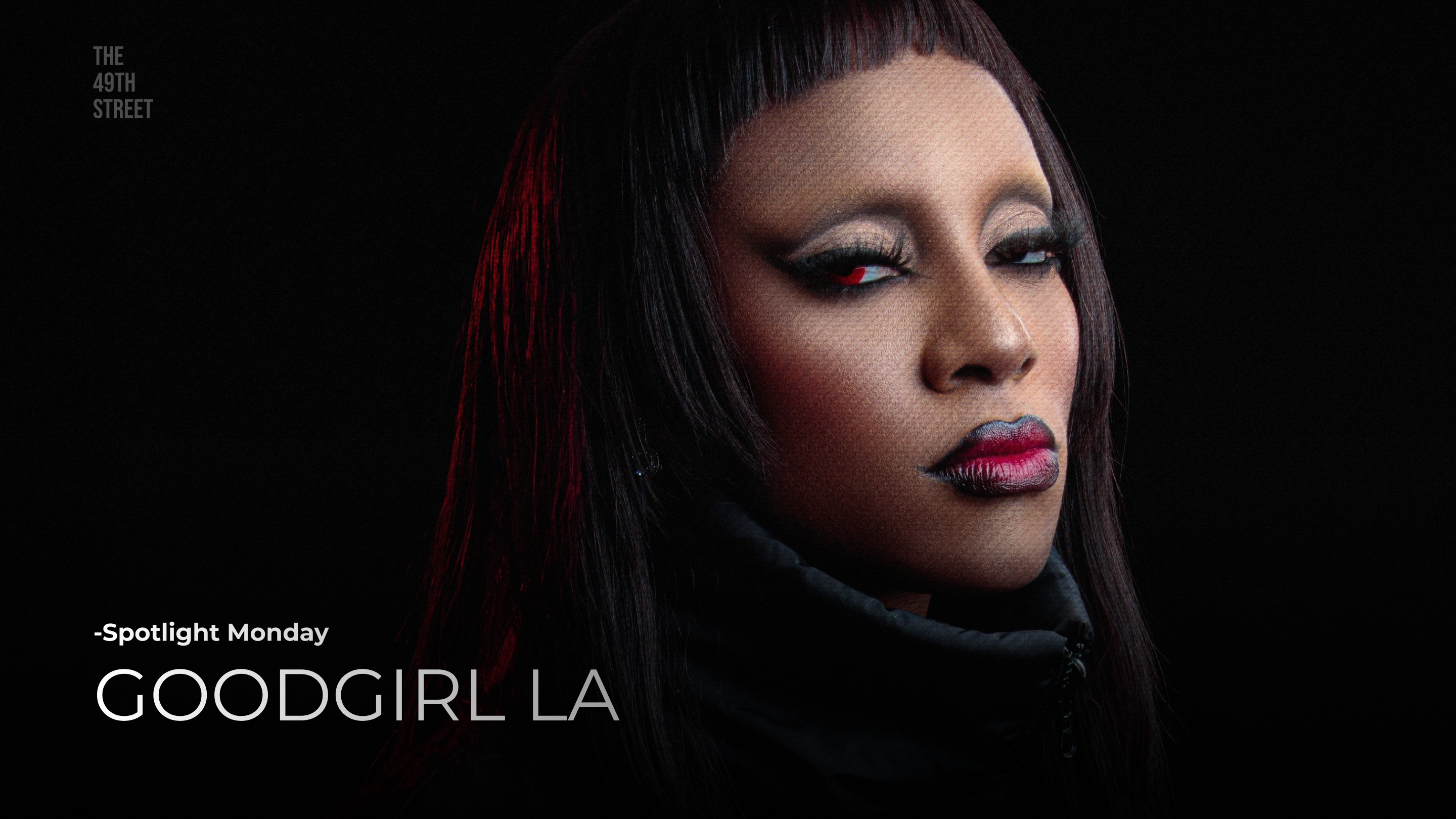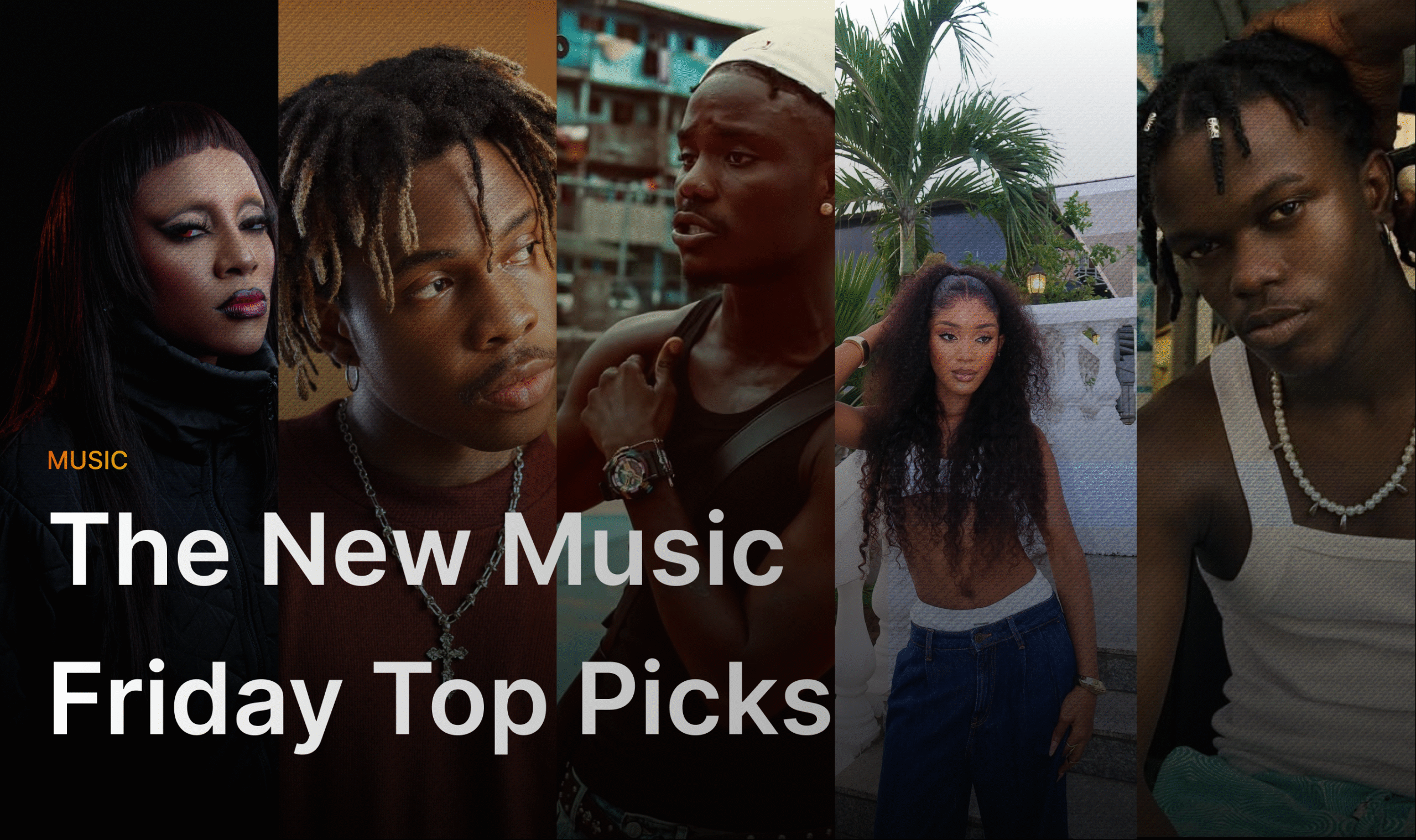Behind the music and success stories of creative industries as a whole, there is a lot more that goes unseen, and unheard. 49Street seeks to explore that“more” because these creative minds are just as important as the art itself, and the people whose names the art bears. It is paramount that the stories of these people are told, giving more insight to the industry, and also, enabling the public appreciate the beauty of their craft. On this chapter of the 49thBTS, we have Excel Joab, on the spotlight. Excel Joab is Publicist and Media personnel at popular streaming platform, Boomplay. In an era where streaming music is becoming the order of the day, his position in this field of the industry cannot be undermined. Excel formerly wrote for the Goldrush blog, now writing for Music RAdr Africa and Music plug Africa. Recently, he established Wild Intentionz, a venture aimed at proffering solutions to artists and helping upcoming artists maximize their potential, as well as offering promotional services to established artists, and creating systems to help creatives achieve their set goals.

49th Street: Can you briefly tell us about yourself? Who is Excel Joab?
Excel: Excel Joab is a music exec, writer, and all-around nice guy. People that know me right from when I was in either primary school or secondary school are not surprised that I’m in the music industry. I’ve always loved music and people around me know. I’m a decent drummer. I used to rap when I was in secondary school and at some point, I actually flirted with the idea of being a musician but I decided to get into the business instead. I’m in my twenties and people still think my name (Excel) is a nickname, which is always funny to me. I’ve heard all the Microsoft jokes you can think of in this world. Here’s another thing, I’m from the North. Adamawa to be precise but I can’t speak my own native language. On the other hand, I speak and understand Igbo because I grew up in the east.
49th Street:You are quite popular in the Nigerian Music Industry. How long have you been doing this?
Excel: Popular is not a word I would use to describe myself. I’ve been writing about music since like 2015. I used to write for a blog called Goldrush back then. It crashed and I started doing freelance jobs for blogs like Seun Badejo, Radr Africa and Music Plug Africa. My writings and my opinions on social media got people to notice me. That’s basically the backstory.
49th Street: You recently tweeted about spending a year at Boomplay/Boombuzz, can you take us through your experience there so far?
Excel: Fantastic. It’s been a wild experience so far. The music business is harder than it looks but if you belong in it, you’d fit right in. It didn’t take me long to fit in at Transsnet music, which is the parent company of Boomplay and Boombuzz. I work with amazing people like Joan Omionawele and Jide Taiwo who have been in the media business long before me. Getting mentored by OG’s like that is a steal and I’m grateful for it.
49th Street: You are a music executive in an era of streaming, how has it changed the way you perceive music?
Excel: Money. I no longer see music as music. I see it as a product that brings money. Before I would see X artist do something and I would be like “Why did X do that? It doesn’t make sense”. But being in the industry gives me a different vantage point. I now understand the “Why” better. Another thing that I’ve noticed from my vantage point is how numbers don’t necessarily make a song a hit. If you’re like a Wiz, Davido, Burna, Tiwa or Yemi Alade, you’re going to do huge numbers when you release music because your fanbase is huge. This is irrespective of if the song is good or bad. But the numbers don’t mean that the song is a hit. Once you’ve got your audience and your social media followers on lock, your numbers go up and in our business, numbers means money.
49th Street: There are a lot of misconceptions about music promotion here, what do you think people get wrong about it?
Excel: Strategy. Some people spend 1 million naira on promoting a song and get less than half of that in return. Some people believe that replying every tweet with their song links is promotion. It’s not. At the root of it, the problem is strategy. What’s the best strategy to use? Come and speak to me privately and I will tell you.
49th Street: Recently, certain emerging artists came for your heads for your selection with the Monster Verse competition, what advice do you have for the newcomers generally?
Excel: I worked with 100 Crowns on the Monster Verse campaign spearheaded by A-Q and that was a ridiculously successful campaign. People came for my head because I had no problem with Dreylo emerging as the winner. To them, he’s an influencer and therefore, shouldn’t be eligible to win. They couldn’t see the bigger picture and I understood them. But they were wrong. It’s easy for pop music acts to get bags from brands because they have the numbers to back it up but rappers struggle. Why? Numbers. Only the OGs like M.I and Olamide do great numbers. Most of the new guys struggle. When you see a rapper that can become a big deal, the smart play is to support. Nigerian hip hop has a numbers problem. That is a fact. Dreylo is an influencer that can rap. It’s not his fault that he could get those numbers. He worked for it. If in 2020, people have to be told that numbers matter then I don’t think they belong in this business. It’s the same way other rappers attacked Blaqbonez when he started popping. The boy is turning into an influencer. Instead of throwing your support around him, you rather tear him down and tomorrow, you will complain that nobody is supporting hip-hop. If you’re a Nigerian rapper, you should be very realistic about the game you’re playing. If you’re not going to do good numbers, dust your CV because you will need a 9 to 5 to survive. The way we are all supporting Laycon is how we should support any other young rapper with a shot at mainstream success. If we love hip-hop, then let’s make it work and stop fighting.
49th Street: Listen Africa which you started with Motolani Alake a couple of months back has been doing amazing, what inspired the movement? Why did you start this?
Excel: African music is in a great space and I’m speaking in terms of creativity. We created Listen Africa to showcase that creativity and put a spotlight on the new kids making amazing music. We’re also doing it for posterity’s sake. Some of these kids can become a big deal in the years to come. People can always look back and see that Listen Africa documented their journey. Documentation is very important.
49th Street: Apart from Boomplay and Listen Africa, is there any other thing you are working on currently?
Excel: Yes. I just started a new venture called Wild Intentionz (@wildintentionz ) with a few good people. It’s a platform that offers solutions to artists and helps young or upcoming artists maximize their potential. We also offer PR services to established artists and create systems to help creatives achieve their set goals. For some artists, their problem is lack of necessary information and for others, it’s having information and not knowing how to execute. Wild Intentionz will bridge that gap.
49th Street: Word of advice for emerging artists?
Excel: Bring value to the table and work as hard as you want your success. You will make mistakes, please learn from them. Enjoy the journey but don’t get lost. Remember that music is a gateway product. There’s more to this business than just making music. Always remember that.





